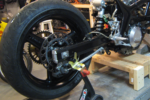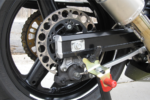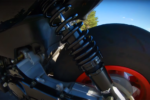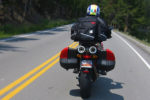Are You Limiting Your Rider Skills by Avoiding Cold or Wet Weather?
This question plagues many riders, especially beginners, as winter sets in. Do we miss out on crucial development by sticking to sunny days, or is there more to the story?

The Value of Low-Grip Practice (and Its Limits)
I firmly believe in the value of practicing in low-grip environments. It’s the best way to truly enhance your skills because techniques that work when grip is low are the ones that truly matter at any speed. However, there’s a nuance to consider.
One might assume that avoiding challenging conditions does limit development. But is it that simple?
Grip: The Cold Hard Truth
First, let’s talk about grip. Typical street tires need to reach around 150 degrees Fahrenheit (65-70 degrees Celsius) to operate optimally. In cold weather, tires rarely reach that temperature, meaning significantly reduced grip.
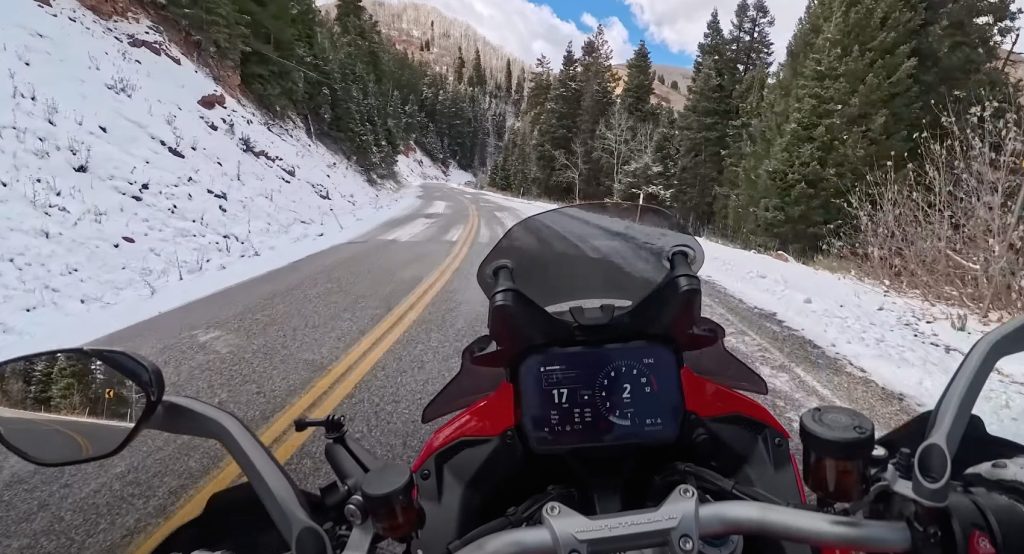
Think about winter car tires – they use a different rubber compound designed for cold temperatures. This highlights the challenge of riding on cold motorcycle tires.
The Body’s Response to Cold
Beyond tires, our bodies are affected by the cold. A 1995 study on cold’s effect on human processing time showed that while cold impacts both decision-making and reaction time, movement time is affected even more. This means in cold conditions, even if you make the right decision, your body might be slower to execute it.
The Beginner’s Dilemma
For beginners, this is especially relevant. Riding is a complex skill, and learning requires focus. Cold and wet conditions add layers of challenge that can distract from fundamental skill development. It’s harder to focus on smooth inputs and proper technique when you’re battling the elements.
Is Limiting Exposure a Bad Thing?
Not necessarily. Early on, building confidence and establishing muscle memory in good conditions is crucial. Dealing with reduced grip when you’re still learning the basics can be counterproductive and even dangerous.
The Right Approach
So, what’s the answer? Should you ride year-round, come hell or high water? Not necessarily.
- Beginners: Focus on mastering the fundamentals in good conditions first. Build a solid foundation before tackling more challenging environments.
- Experienced Riders: Gradually introduce yourself to less ideal conditions. Practice smooth
